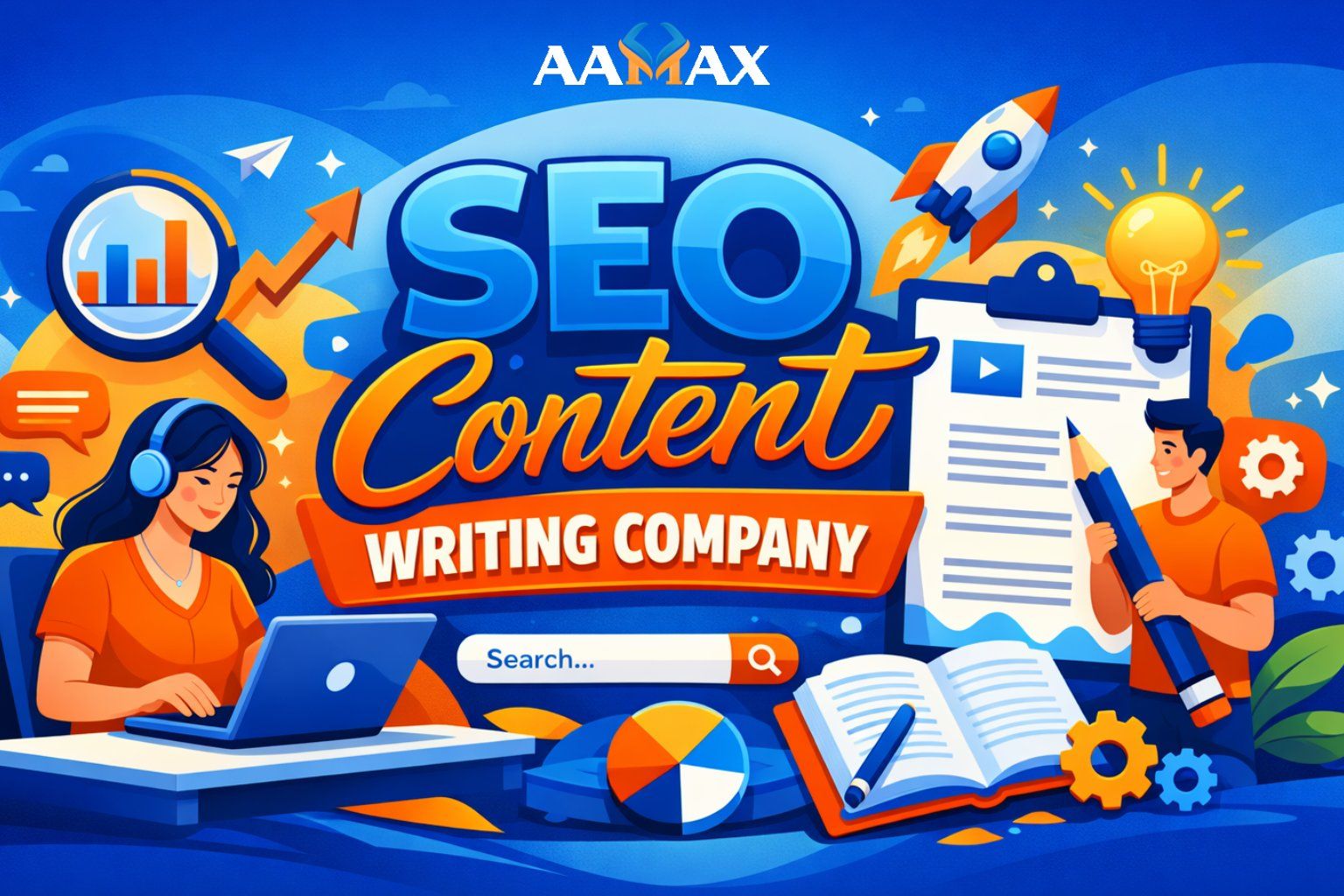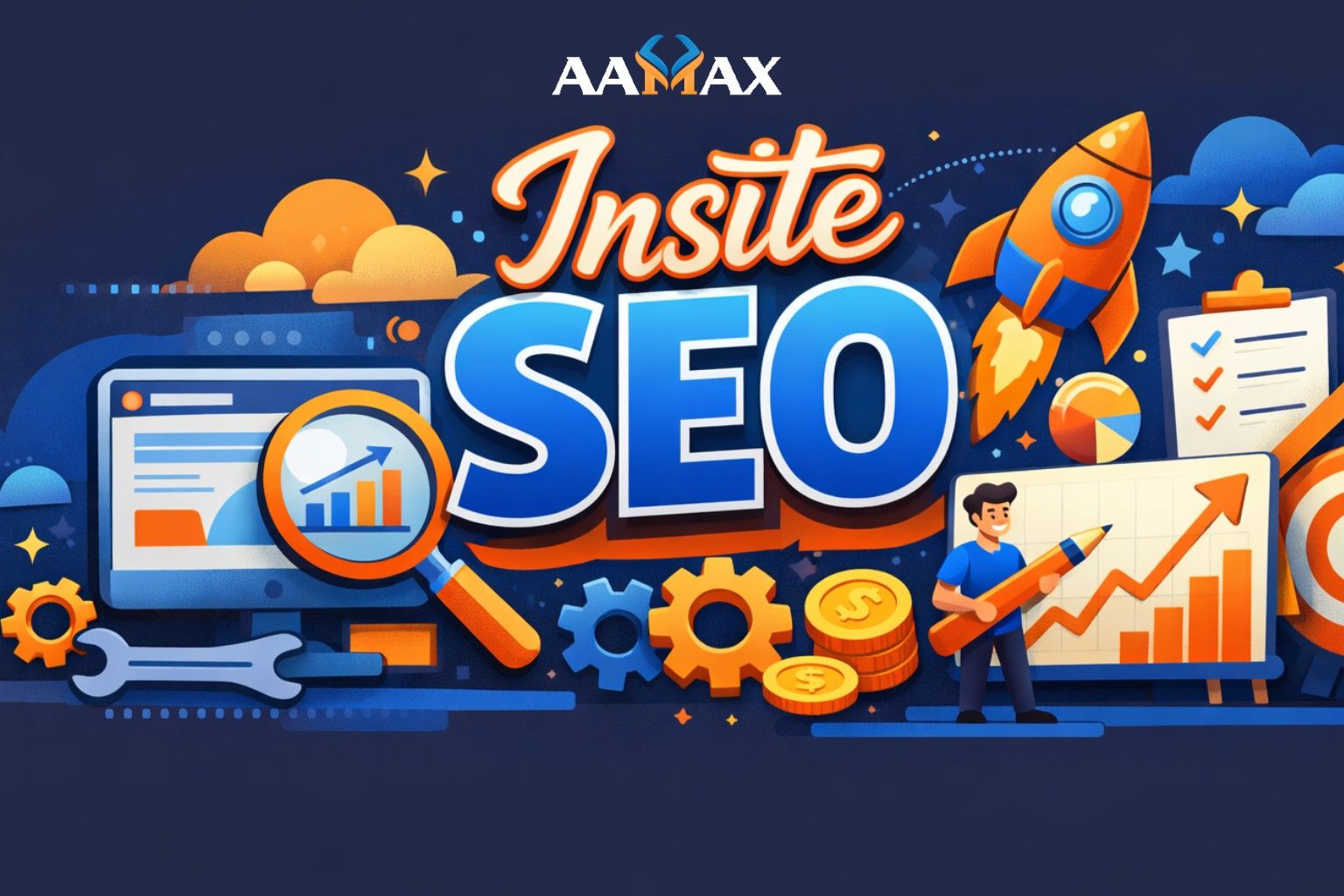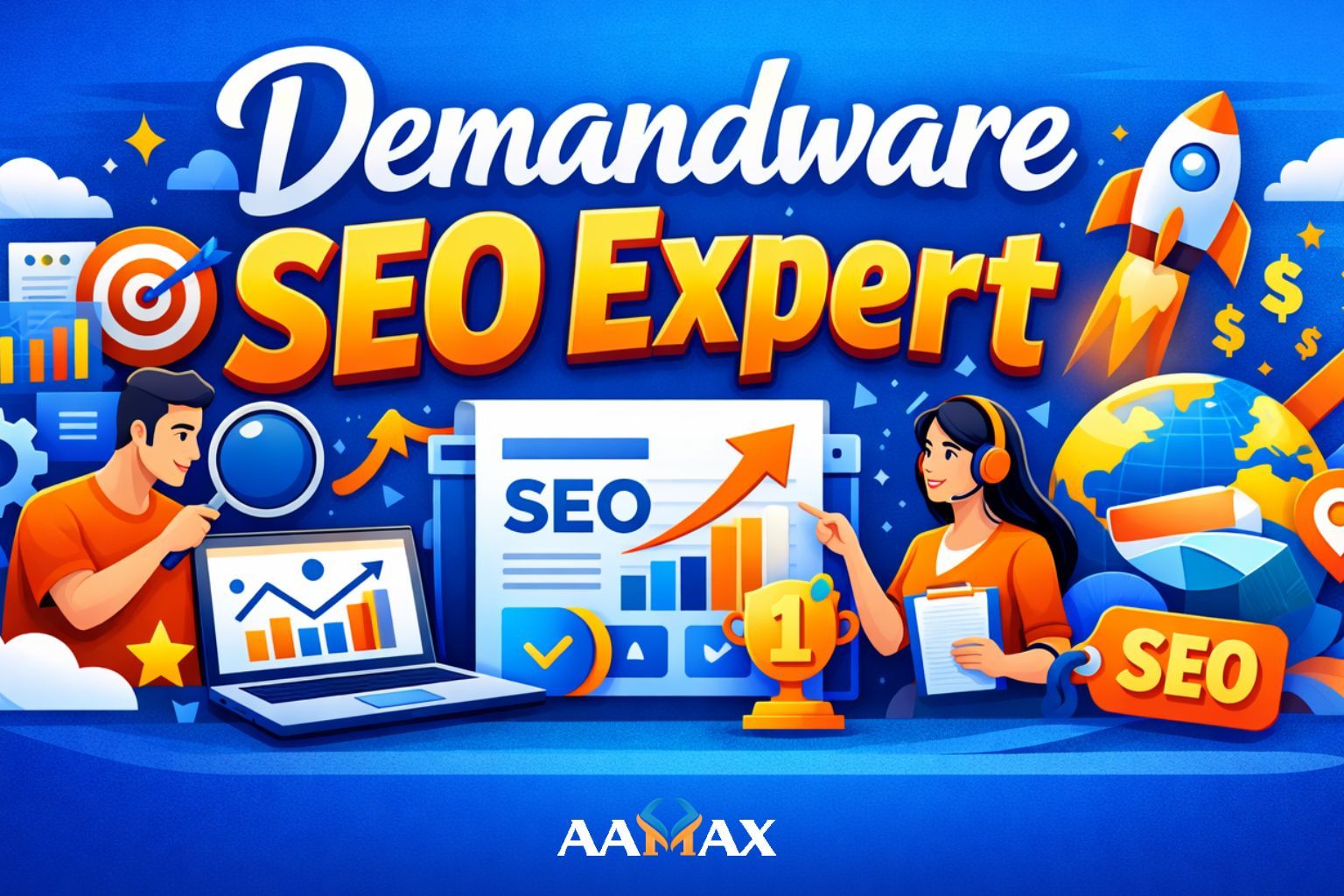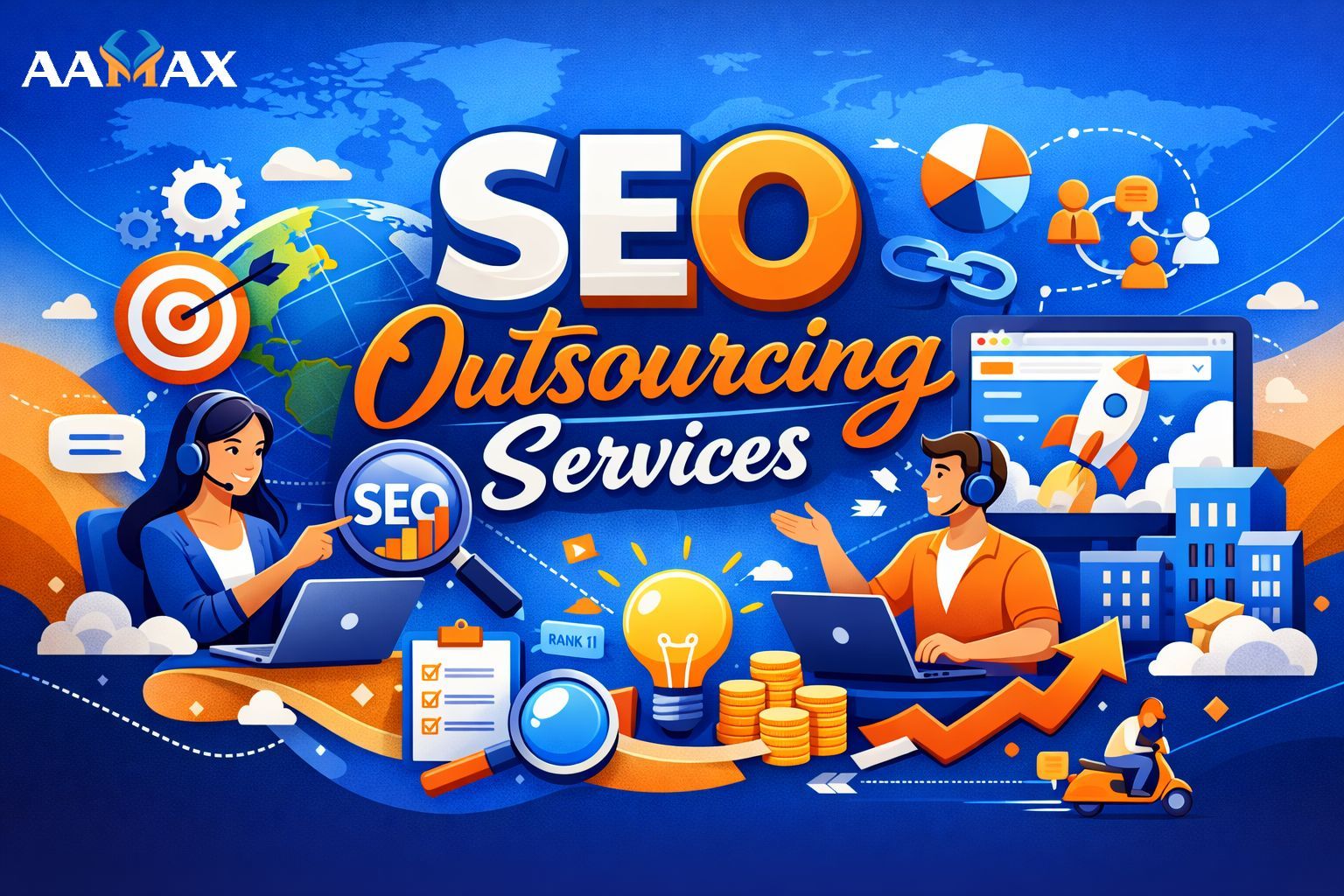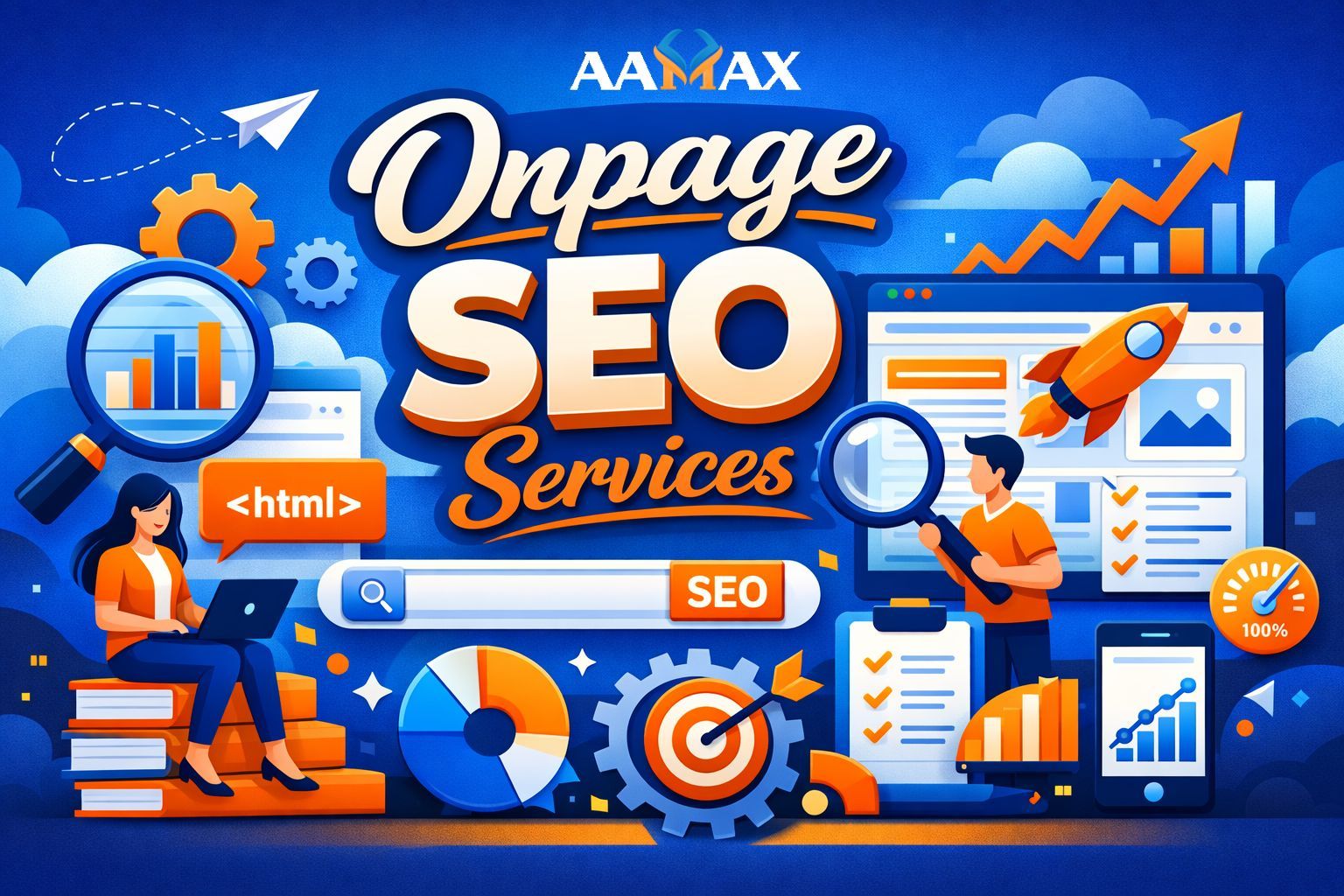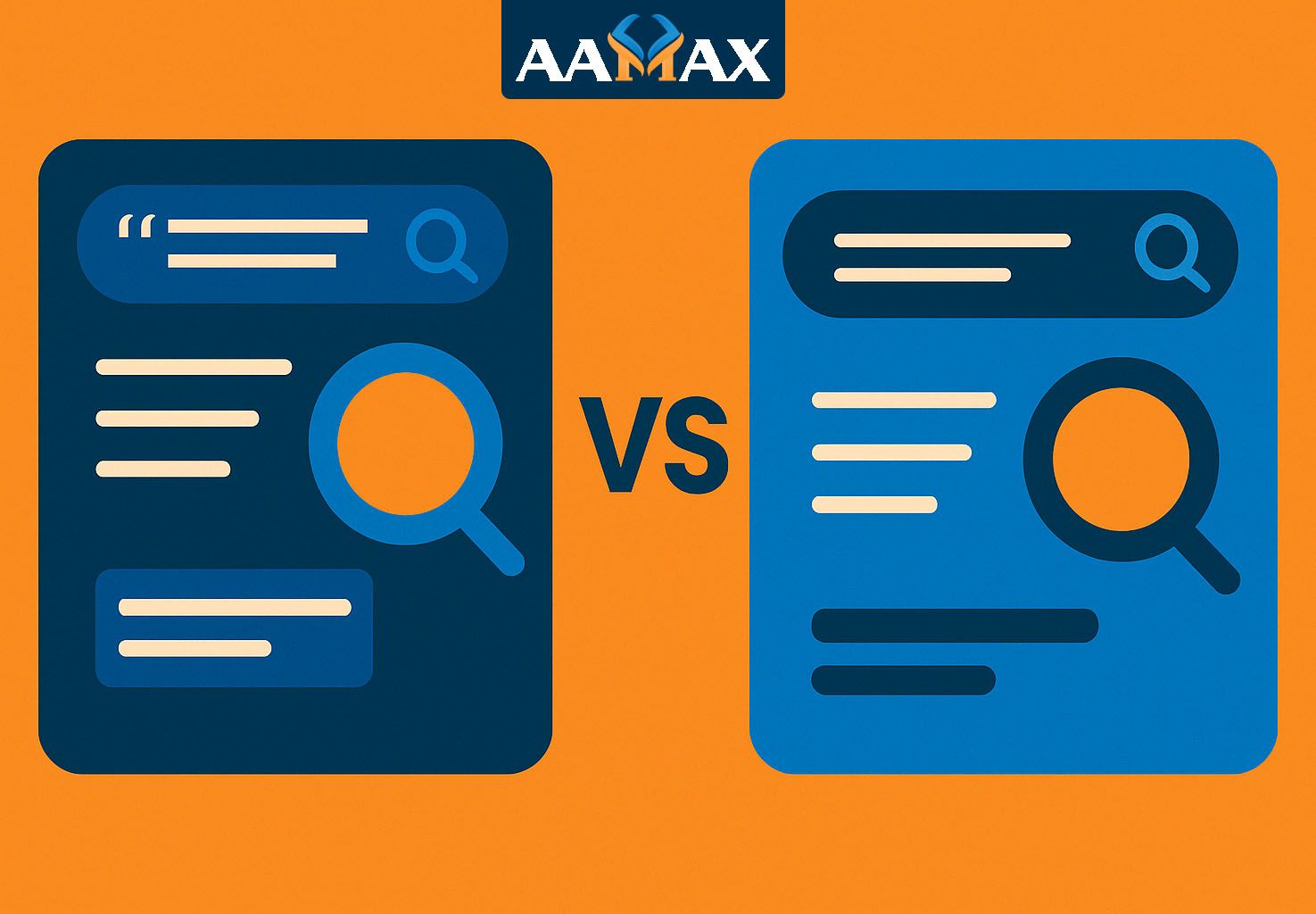
Phrase Match vs. Broad Match: Keyword Match Types Explained
Understanding keyword match types is critical to running a successful Google Ads campaign. When targeting the right audience at the right time, selecting between Phrase Match and Broad Match can have a significant impact on your campaign’s performance.
In this guide, we'll explore what these keyword match types mean, how they work, their pros and cons, and how to choose the right one based on your goals. Whether you're a small business owner, a digital marketing manager, or simply curious about PPC strategies, this guide will help you make informed decisions about your ad campaigns.
📘 What Are Keyword Match Types?
Google Ads allows advertisers to define how closely a user’s search query must match a given keyword for their ads to appear. These are called keyword match types, and the most commonly used types include:
- Broad Match
- Phrase Match
- Exact Match
For this article, we’ll focus on Broad Match and Phrase Match, which are two of the most widely used match types in Google Ads.
🔍 What is Broad Match?
Broad Match is the default keyword match type in Google Ads. It provides the widest reach and gives Google Ads the most flexibility in determining when to show your ads.
✅ How It Works
When you use a Broad Match keyword, your ads may show for search queries that include misspellings, synonyms, related searches, and even other relevant variations.
Example:
If your keyword is women's hats, your ad might show for:
- buy ladies hats
- women headwear
- girl caps
- female fashion accessories
Google's AI determines relevance based on the context, search history, and other behavioral signals.
⚖️ Pros of Broad Match
- Maximum Reach: Exposes your ads to the largest possible audience.
- Less Setup Required: Fewer keywords need to be added manually.
- AI Learning: Google’s machine learning helps find relevant variations.
❌ Cons of Broad Match
- Lower Relevance: Your ads may appear for unrelated or only loosely related searches.
- Higher Wasted Spend: Without negative keywords, you might pay for irrelevant clicks.
- Lower Conversion Rates: Since user intent is more diluted, conversions can be less frequent.
🧩 What is Phrase Match?
Phrase Match gives you more control than Broad Match. Your ads will show only when a user’s search query includes the exact phrase or a close variation, with additional words before or after the phrase.
✅ How It Works
Phrase Match is denoted with quotation marks (" "). If your keyword is "women's hats", your ad might show for:
- stylish women's hats
- buy women's hats online
- discount women's hats for sale
But it won’t show for:
- hats for women
- women’s red hat fashion
- lady caps
⚖️ Pros of Phrase Match
- Higher Relevance: Searchers are more likely to be looking for exactly what you're offering.
- Better Conversion Rates: Because the ad matches the user’s intent more closely.
- Controlled Reach: You get a good balance of traffic volume and relevance.
❌ Cons of Phrase Match
- Reduced Reach: May miss some potential traffic that Broad Match could capture.
- Needs More Keyword Planning: Requires you to think through more variations manually.
- Dependent on Phrase Order: Ads won’t show if the word order is significantly changed.
📊 Broad Match vs. Phrase Match: A Comparison
| Feature | Broad Match | Phrase Match | |--------------------------|-------------------------------------|----------------------------------------| | Reach | Highest | Moderate | | Relevance | Low to Moderate | High | | Conversion Rate | Lower on average | Higher on average | | Control | Low | Moderate to High | | Setup Effort | Low | Moderate | | Google AI Assistance | High | Moderate | | Use of Negative Keywords | Critical | Recommended |
🧠 When to Use Broad Match
Broad Match is ideal when:
- You want to cast a wide net to gather data.
- You're testing new campaigns and need to discover new search terms.
- Your business is in a high-competition industry and you need volume quickly.
- You trust Google’s machine learning and have strong negative keyword lists in place.
Pro Tip:
Broad Match works best when combined with Smart Bidding strategies like Target CPA or ROAS. It allows Google to optimize for conversions while maintaining a broad reach.
🧠 When to Use Phrase Match
Phrase Match is best when:
- You know your target audience and search behavior well.
- Your campaign goals are focused on conversion quality over quantity.
- You want to maintain a balance between reach and control.
- Your budget is limited and you can’t afford to waste spend on low-intent queries.
🧰 Using Both Match Types Strategically
Many advertisers use a hybrid strategy, combining both Broad and Phrase Match to maximize performance.
Example Strategy:
- Initial Campaigns: Start with Broad Match + Smart Bidding to gather data.
- Optimization Phase: Identify high-performing queries and transition them to Phrase Match.
- Scaling Phase: Expand your reach again using more Broad Match terms, but backed by performance data.
Also, don’t forget to regularly:
- Review your search terms report
- Add negative keywords
- Monitor ROI and adjust bids
💼 Real-World Use Case
Imagine you're running a campaign for a boutique that sells eco-friendly women's hats.
- Broad Match might help you discover that people searching for “organic sun protection” are clicking and converting, even if they didn’t search for "women's hats" directly.
- Phrase Match ensures that people who specifically want “eco-friendly women’s hats” or “sustainable women’s hats” find your ad with minimal wasted clicks.
By combining both, you can uncover opportunities and tighten your campaign over time.
⚠️ Common Mistakes to Avoid
-
Using Broad Match without Negative Keywords
This is a surefire way to waste ad spend on irrelevant searches. -
Only Relying on Phrase Match
You might miss out on valuable new search trends or customer terms. -
Ignoring Search Term Reports
Failing to analyze this data means you’re flying blind. -
Not Aligning Match Type with Campaign Goals
Don’t use Broad Match if your goal is laser-targeted leads; and don’t use only Phrase Match if you're exploring a new market.
📈 Expert Help: Hire AAMAX for Digital Marketing Success
Choosing the right match type isn't just about toggling settings — it requires strategic thinking, data analysis, and experience. That’s where professionals come in.
Why Hire AAMAX?
AAMAX is a full-service digital marketing agency that specializes in:
- 🚀 Google Ads Management
- 🧲 SEO and Local SEO
- 🌐 Web Development
- 📈 Data-Driven Campaign Optimization
- 🛒 E-Commerce Growth Strategies
Whether you're launching your first PPC campaign or looking to scale with precision, AAMAX helps you implement the right match types, optimize ad spend, and generate measurable results.
Don't waste money guessing. Let AAMAX drive results for your business.
👉 Hire AAMAX Now
📌 Final Thoughts
The difference between Broad Match and Phrase Match can dramatically alter your campaign’s effectiveness. Each has its strengths:
- Broad Match = More visibility, less control
- Phrase Match = More control, better relevance
The smartest campaigns use both strategically, test constantly, and iterate based on data.
If you're serious about growing your online presence through paid search, partner with professionals who understand the nuances of keyword match types and digital performance.
Let AAMAX help you turn clicks into customers.
Need help with Google Ads, SEO, or Web Development? Contact AAMAX Today and get your digital growth strategy moving in the right direction.

